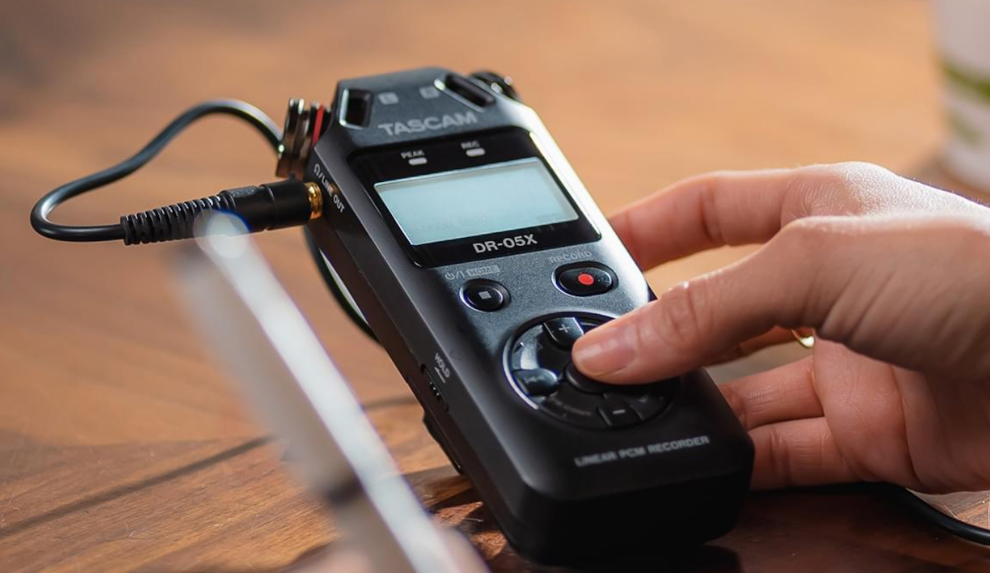In a world driven by technology, having the right tools is crucial for successful projects, especially when it comes to recording and capturing audio. Whether you’re a journalist conducting interviews, a student recording lectures, or a content creator capturing ideas on the go, selecting the best voice recorder is paramount. Here’s a comprehensive guide on how to make an informed choice for your recording needs.
1. Determine Your Purpose
Before diving into the sea of options, define the purpose of your recordings. Different projects may require specific features. For instance, if you’re a musician, you may need a recorder with high-quality microphones, while a journalist might prioritise portability and ease of use. Knowing your purpose will guide you towards the recorder that best suits your needs.
2. Consider Audio Quality
The essence of a good voice recorder lies in its ability to capture clear and high-quality audio. Look for recorders with advanced microphone technology, noise-cancellation features, and adjustable recording settings. A recorder with superior audio quality ensures that your recordings are crisp and intelligible, regardless of the environment.
3. Portability and Battery Life
If your projects involve being on the move, portability is a key factor. Opt for a compact and lightweight voice recorder that fits comfortably in your pocket or bag. Additionally, consider the battery life – you don’t want your recorder running out of juice in the middle of an important recording. Look for a device that offers long battery life for extended usage.
4. Storage Capacity and File Formats
Evaluate the storage capacity of the voice recorder, especially if your projects involve lengthy recordings. A recorder with ample storage or expandable memory options ensures that you won’t run out of space. Additionally, check the supported file formats to ensure compatibility with your editing software or other devices.
5. Additional Features
Different recorders come with various bells and whistles. Some may offer voice-activated recording, while others have built-in USB connectors for easy file transfer. Consider these additional features based on your preferences and the specific requirements of your projects. Additionally, when seamlessly integrated with a digital dictation recorder, your efficiency reaches new heights, allowing for a smooth transition from capturing ideas on the go to detailed dictation at your workstation.
Conclusion
In conclusion, finding the best voice recorder for your projects involves thoughtful consideration of your needs, audio quality, portability, storage, and additional features. Making the right choice ensures that you have a reliable companion for capturing important moments, interviews, or ideas on the go.
